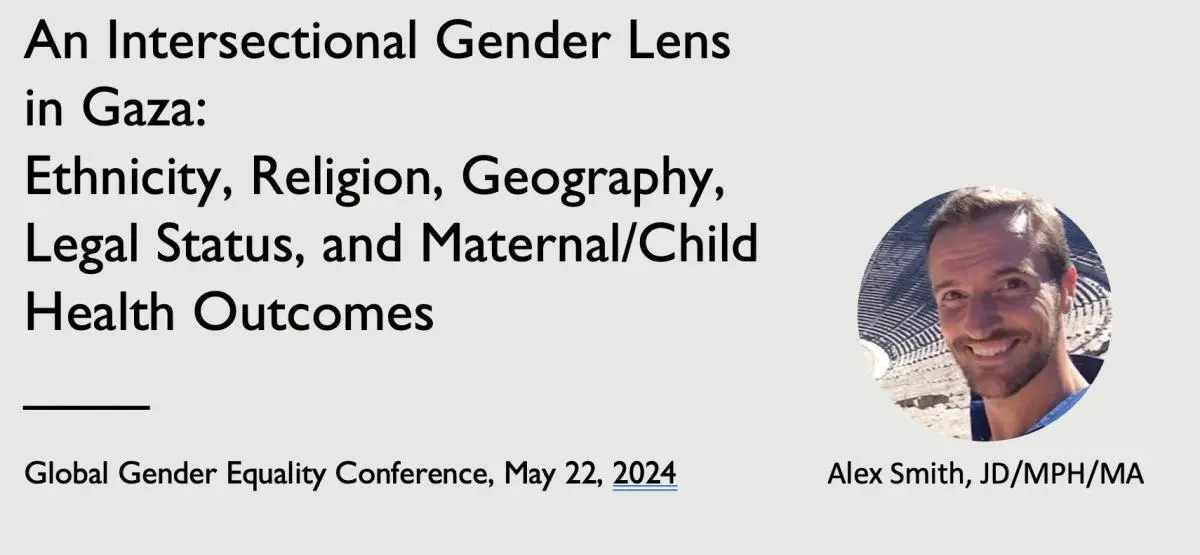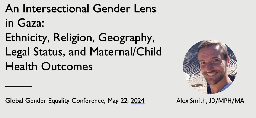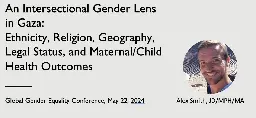He Made a PowerPoint on Mothers Starving in Gaza. Then He Lost His Government Job.
He Made a PowerPoint on Mothers Starving in Gaza. Then He Lost His Government Job.

theintercept.com
He Made a PowerPoint on Mothers Starving in Gaza. Then He Lost His Government Job.


